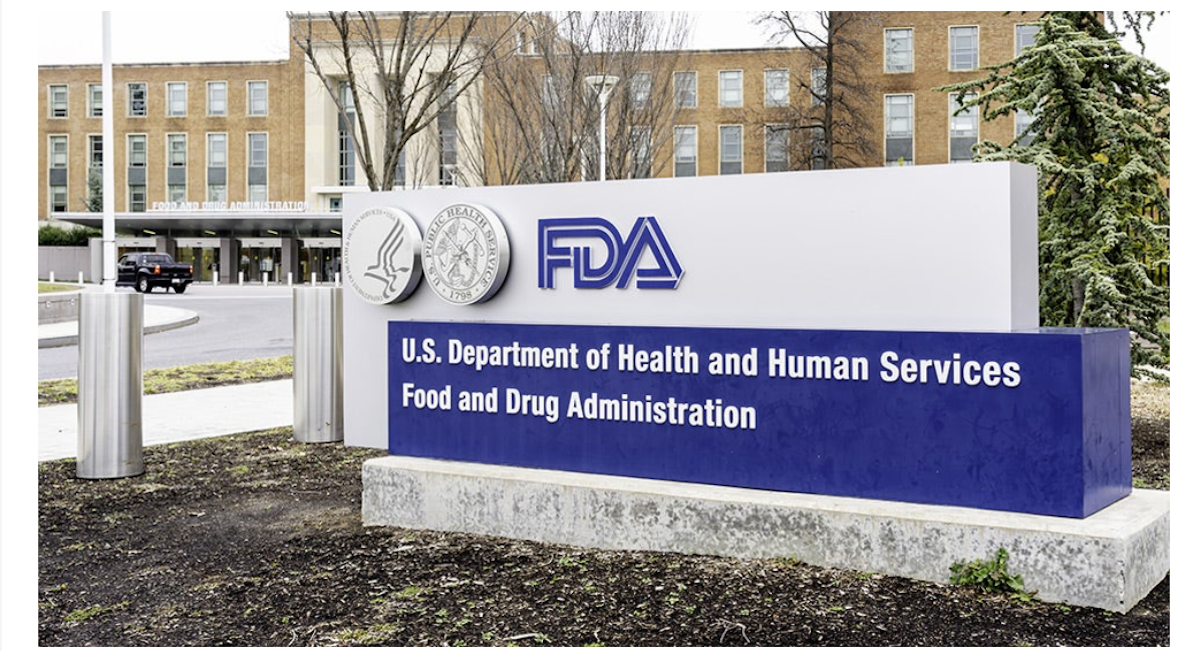— OPINION —
Editor’s note: A coalition of organizations sent this letter to Xavier Becerra, the Secretary of the U.S. Department of Health and Human Services
Dear Secretary Becerra,
We write to express our concern about the problems in the Food and Drug Administration’s (FDA’s) Foods Program and the need for an organizational, structural, and cultural overhaul.
We represent a wide range of FDA stakeholders in the consumer community, the food industry, and among FDA’s state regulatory partners. We appreciate Commissioner Robert Califf’s recognition that significant overhaul is needed and his solicitation of external input as he considers changes.
However, many experts agree that the reform proposal the Commissioner announced on January 31 falls far short of what is required for FDA to succeed in its food safety mission because the proposed Deputy Commissioner role appears to lack the authority needed to implement and sustain the needed changes. We urgently request a meeting with you and your team to share our concerns and possible solutions before the Commissioner announces the next steps in his plan.
The problems in the FDA Foods Program were well documented in a comprehensive investigative report published in Politico in April 2022. In response to that report, the Commissioner asked a seasoned panel of experts convened by the Reagan-Udall Foundation to analyze the program’s deficiencies and recommend changes. The panel found and documented serious organizational, structural, and cultural obstacles to the program’s success and outlined many recommendations for change, including options for reorganizing the program to elevate and unify it and strengthen its internal and external accountability.
Importantly, every organizational option the panel provided called for unifying all elements of the program under a new deputy commissioner with direct line management authority and accountability for the program’s success. The Commissioner’s announced changes rejected that advice. While it included the deputy commissioner position, it failed to empower it with direct line management authority over FDA’s food-related field inspection force, which consumes over 60 percent of all FDA food resources and is crucial to the implementation of the Food Safety Modernization Act (FSMA). The Commissioner also excluded from the deputy commissioner’s direct authority elements of FDA’s Center for Veterinary Medicine that relate directly to food safety and FSMA implementation.
We advised the Commissioner of our concerns in the attached letter and met with him on this matter on February 14. Our group left with the sense that the Commissioner did not feel that direct line authority was needed but encouraged us to continue expressing our concerns.
We understand that organizational change can be difficult and often faces internal resistance, but the result of the Commissioner’s half step is that the Food Program will remain organizationally fragmented with a divided leadership structure. Extensive experience has shown that this structure is not sufficient in supporting FDA’s public health mission and will not contribute to badly needed cultural changes.
Thank you for your attention to this matter. We hope to be able to meet with you soon.
Sincerely,
American Frozen Food Institute
Consumer Reports
STOP Foodborne Illness
Association of Food and Drug Officials
Environmental Working Group
Western Growers
Consumer Brands Association
Internal Fresh Produce Association
cc: FDA Commissioner Robert Califf, Andrea Palm, Bruce Reed, Susan Rice

